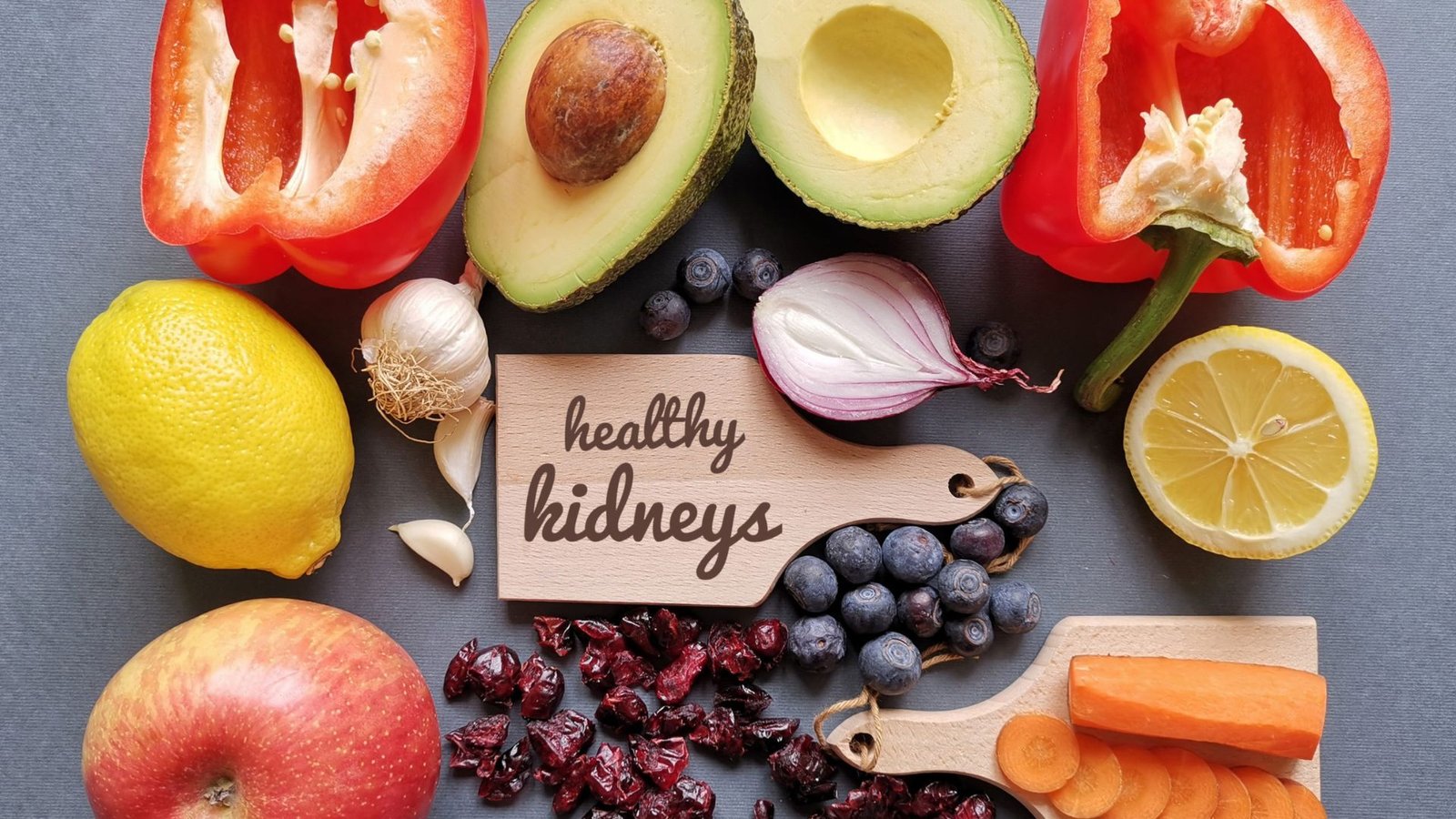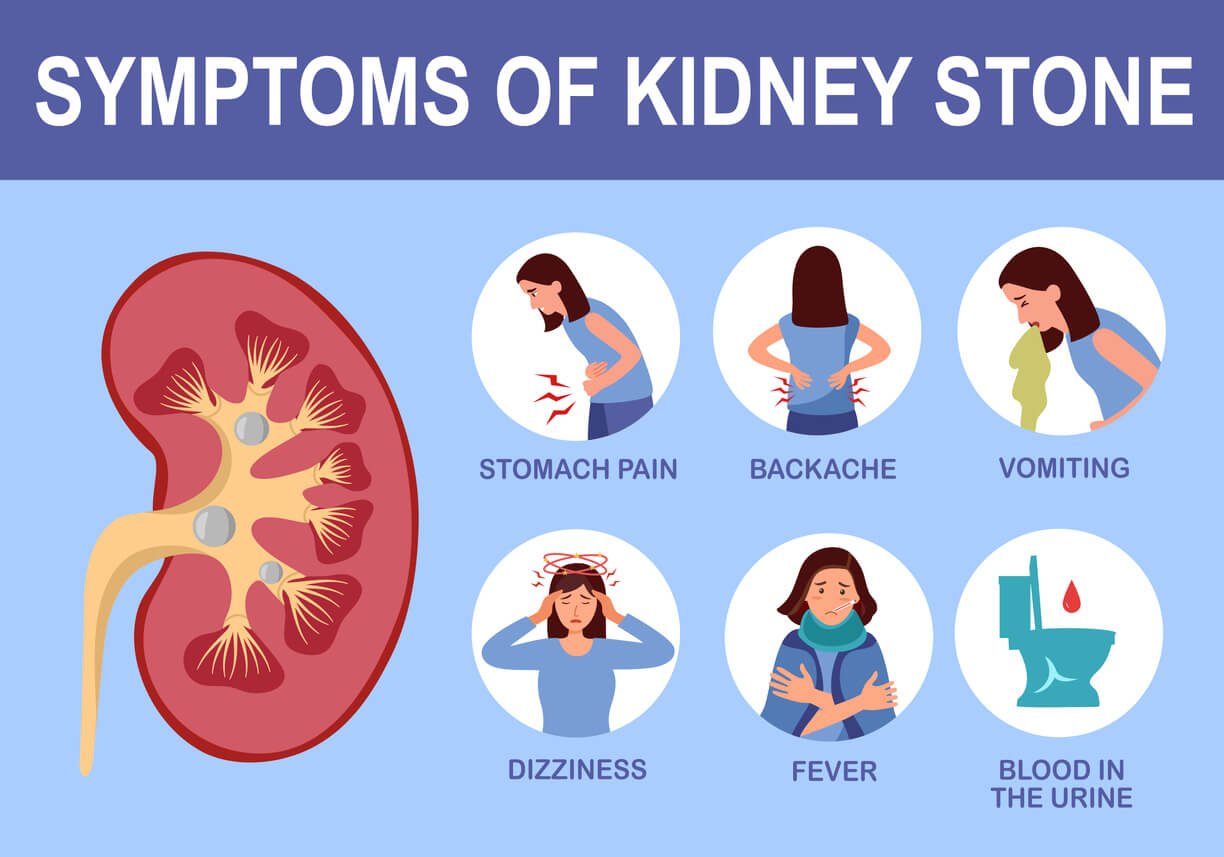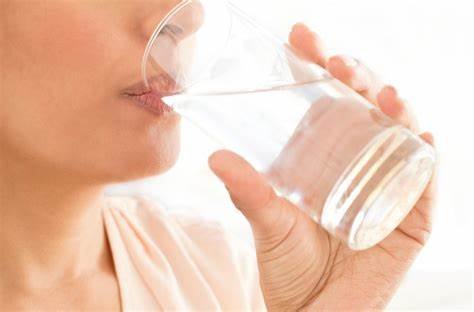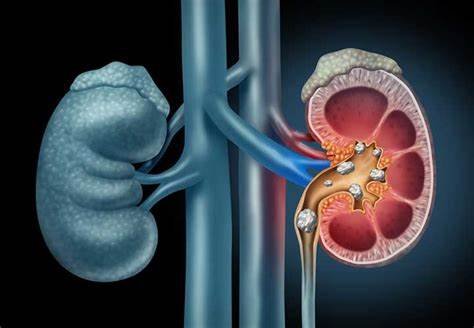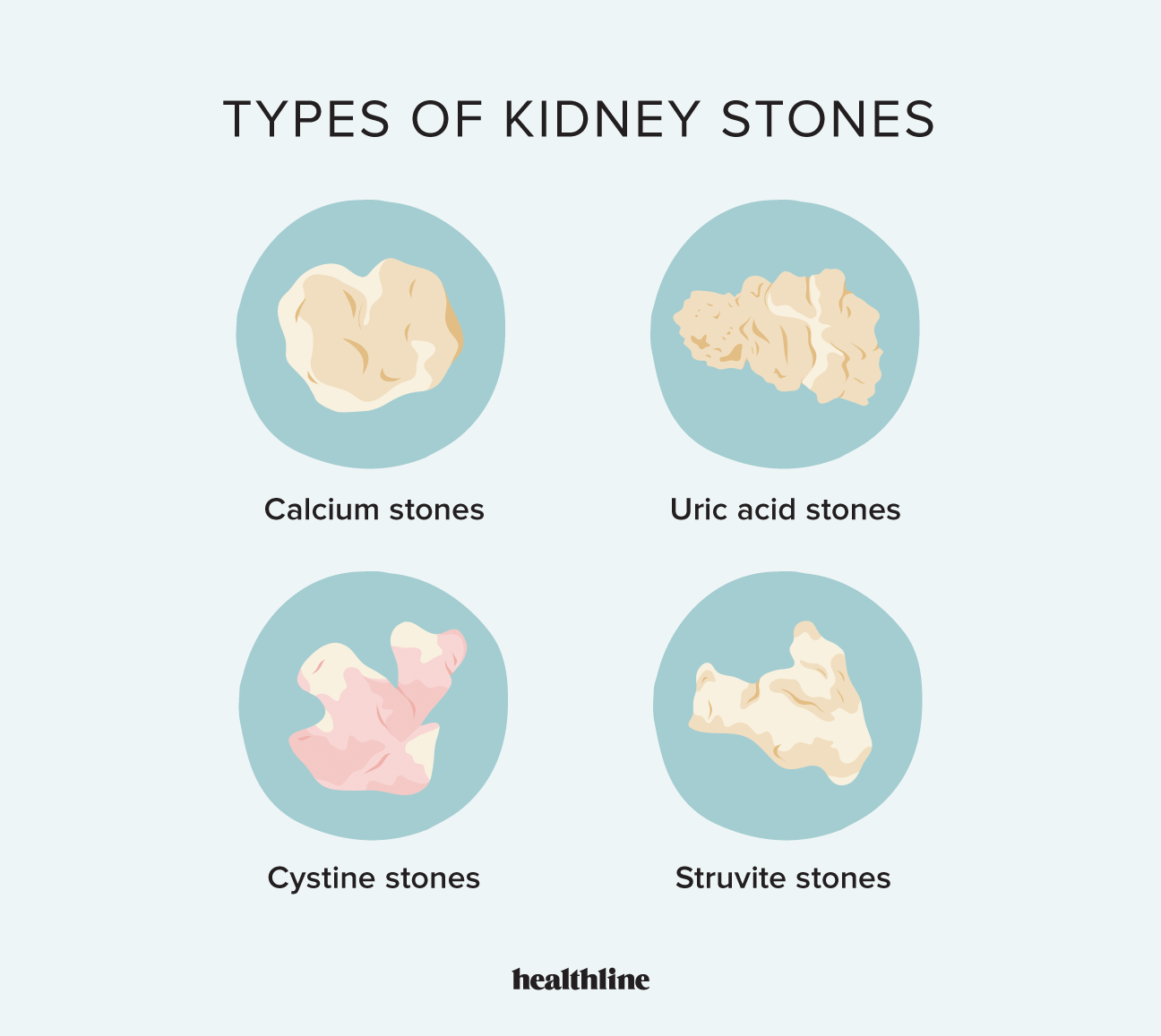Kidney stones are hard, crystalline mineral deposits that form in the kidneys and can cause intense pain when they pass through the urinary tract. Diet plays a crucial role in both the formation and prevention of kidney stones. By understanding how certain foods and nutrients influence the development of these stones, you can make dietary changes to help reduce the risk of kidney stone formation. This article explores the ways in which diet affects kidney stones, including the foods to avoid and those that can help prevent their development.
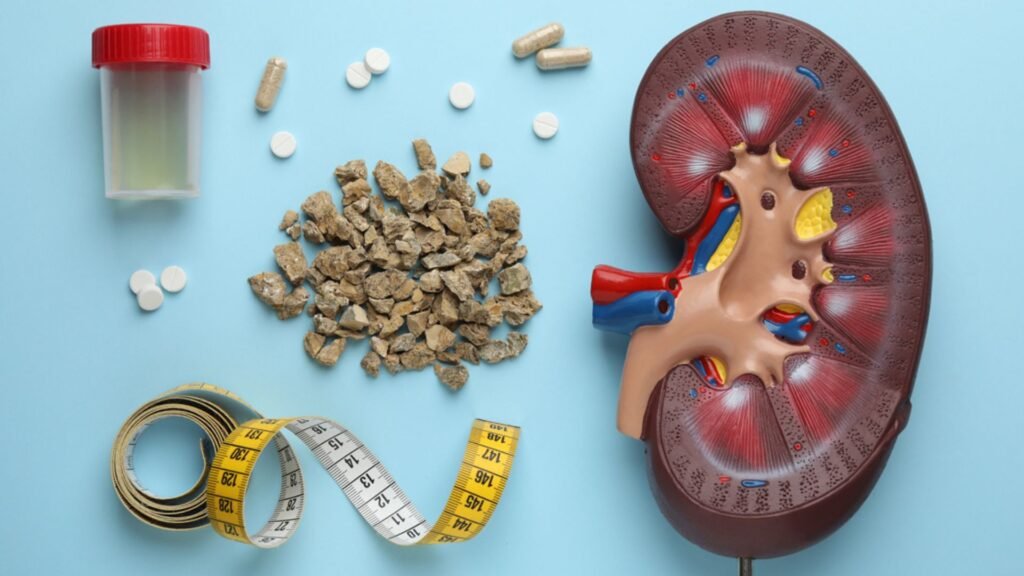
Types of Kidney Stones
Before discussing how diet affects kidney stones, it’s important to understand the different types of stones, as diet can have a different impact depending on the type. The most common types of kidney stones include:
- Calcium oxalate stones: The most common type of kidney stone, formed when calcium and oxalate in the urine combine to form crystals.
- Uric acid stones: Formed when there is too much uric acid in the urine, often due to dehydration or high purine consumption.
- Struvite stones: Typically caused by infections in the urinary tract.
- Cystine stones: Rare and caused by a genetic disorder that results in excess cysteine in the urine.
Each type of stone has different dietary considerations, so it’s important to tailor your diet based on the type you are at risk of developing.
Calcium Intake and Kidney Stones
Calcium is an essential mineral for strong bones and teeth, but it can also contribute to kidney stones if consumed in excess, particularly calcium oxalate stones. However, the relationship between calcium and kidney stones is more complex than it appears.
Why it Helps:
Contrary to popular belief, reducing calcium intake is not generally recommended for people with a history of calcium oxalate stones. In fact, consuming an adequate amount of dietary calcium from food sources (like dairy products, leafy greens, and fortified foods) can help prevent the formation of stones. Calcium binds with oxalate in the intestines, preventing it from being absorbed and excreted in the urine, where it could form stones.
When to Use:
For those at risk of calcium oxalate stones, it’s important to ensure that calcium intake is balanced. Too much calcium from supplements, however, can increase the risk of stones, so it’s advisable to focus on getting calcium from food.
Oxalate-Rich Foods and Kidney Stones
Oxalates are naturally occurring substances found in certain foods, such as spinach, beets, and nuts. When oxalates combine with calcium in the urine, they form calcium oxalate stones.
Why it Helps:
For individuals prone to calcium oxalate stones, it may be helpful to limit foods high in oxalates. However, it’s important not to completely avoid them, as oxalates are part of a healthy diet. Instead, consider balancing oxalate-rich foods with calcium-rich foods, as the calcium will bind to oxalate in the digestive tract, preventing it from being absorbed.
Foods to Limit:
- Spinach
- Rhubarb
- Beets
- Sweet potatoes
- Nuts and seeds
- Chocolate
Reducing Sodium Intake
High sodium intake can increase the amount of calcium excreted in the urine, which can contribute to kidney stone formation, particularly calcium-based stones.
Why it Helps:
Reducing sodium intake helps to lower calcium levels in the urine, thereby reducing the risk of stone formation. This can be achieved by limiting processed foods, fast food, and adding less salt to your meals.
When to Use:
For those at risk of kidney stones, it is important to limit sodium intake to no more than 2,300 mg per day (the recommended limit for most adults). Cutting back on salty snacks and canned foods can help achieve this goal.
Uric Acid and Purine-Rich Foods
Uric acid stones form when there is an excess of uric acid in the urine. This can occur when there is an increase in the breakdown of purines, substances found in certain foods. High-purine foods include red meat, organ meats, shellfish, and alcohol.
Why it Helps:
Reducing the intake of high-purine foods can help lower uric acid levels in the urine, which can reduce the risk of uric acid stone formation. Additionally, staying well-hydrated can help flush excess uric acid from the system.
Foods to Limit:
- Red meats (beef, lamb, pork)
- Organ meats (liver, kidneys)
- Shellfish (shrimp, lobster)
- Alcohol, especially beer
- Sugary beverages and high-fructose corn syrup
Conclusion
Diet plays a significant role in the formation of kidney stones, with certain foods contributing to the development of different types of stones. By staying well-hydrated, balancing calcium and oxalate intake, and reducing sodium, purine, and high-fructose foods, individuals can reduce their risk of developing kidney stones. Additionally, including citrus fruits and fiber-rich foods in your diet can provide protective benefits. Working with a healthcare provider or nutritionist to tailor your diet based on your risk factors is key to effectively managing kidney stone prevention.






